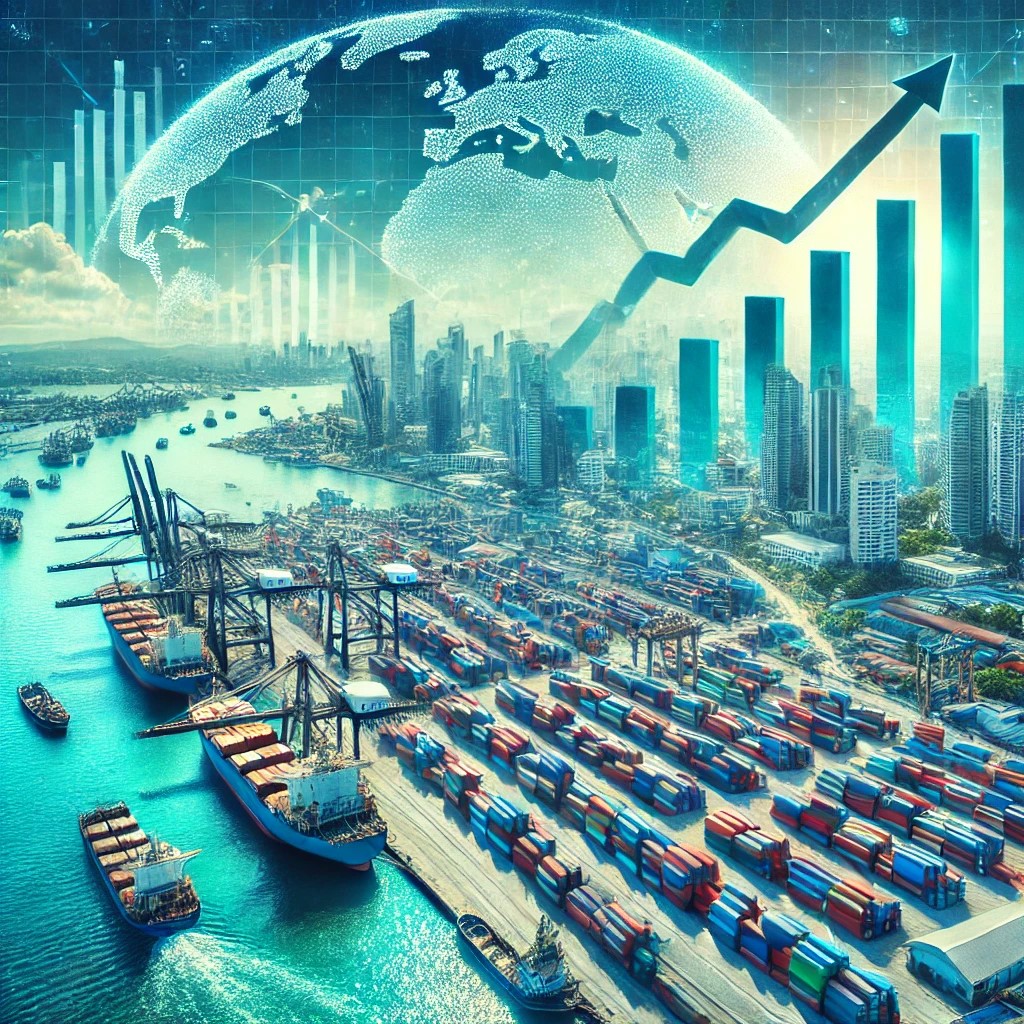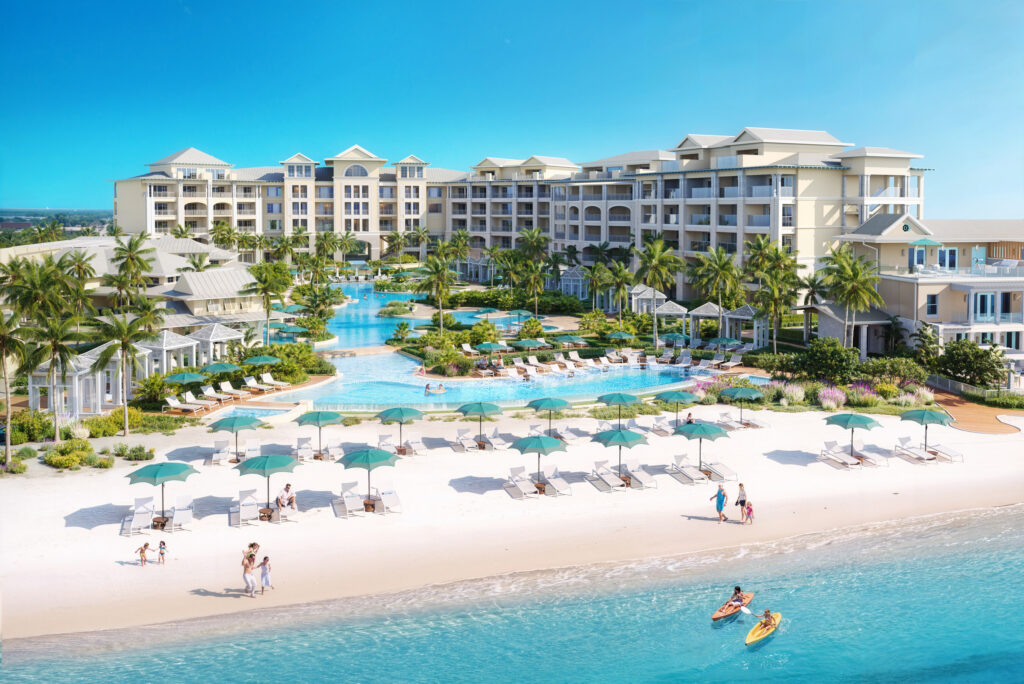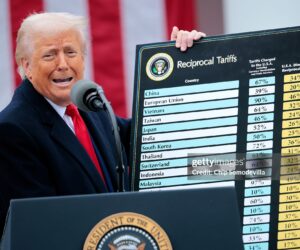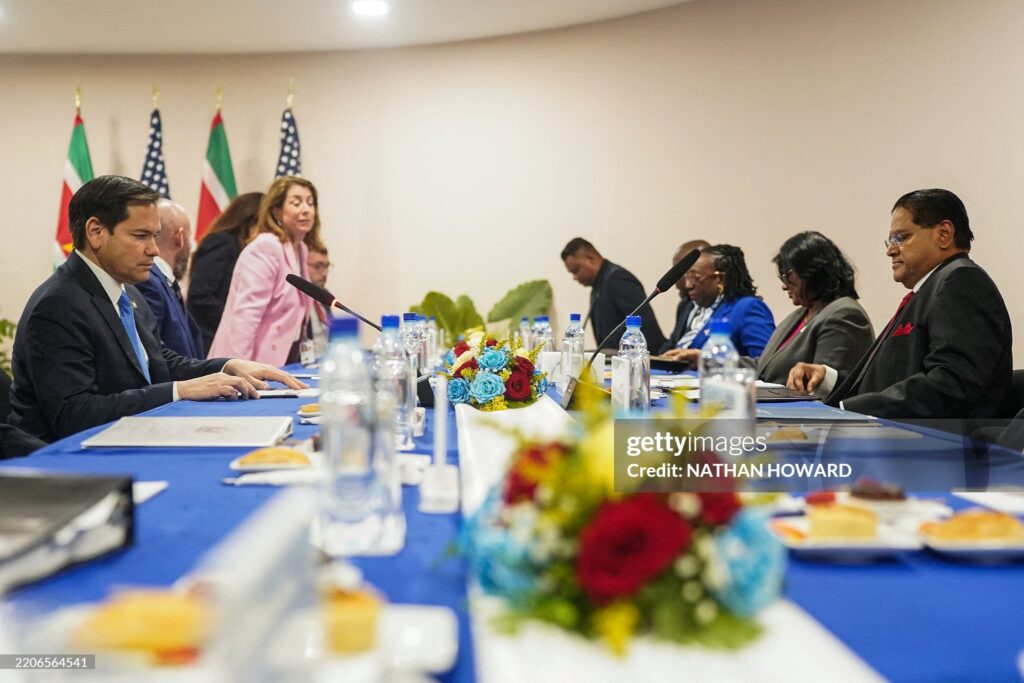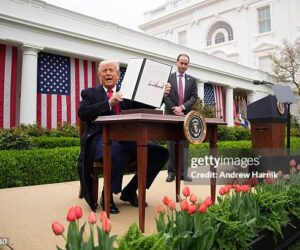

By Dr. Isaac Newton
News Americas, NEW YORK, NY, Mon. April 7, 2025: The world’s biggest economies are locked in a financial war. The U.S., China, Europe, Mexico, Canada, and other nations are imposing high taxes – called tariffs – on each other’s goods. These battles may seem far away, but they hit home when prices for food, gas, and household items rise in the Eastern Caribbean.
Despite these global shocks, the EC dollar has remained stable for nearly 40 years, holding its value at 2.7 to 1 against the U.S. dollar. But with inflation creeping up and economic uncertainty growing, can this small yet resilient currency continue to stand strong?
Inflation occurs when money loses its buying power. Imagine walking into a supermarket with the same $100 you had last year, only to find that it buys you less food. That’s inflation in action. When major economies raise tariffs, the cost of imports increases, making life harder for families already struggling to make ends meet.
Another challenge is external shocks—unexpected events that shake the economy. Some are natural, like hurricanes that destroy crops and drive up food prices. Others are financial, such as a crash in the U.S. banking system that weakens the U.S. dollar. Since the EC dollar is tied to the U.S. dollar, any trouble in the American economy can indirectly affect the Caribbean.
So, how can the region protect itself? Leaders must think ahead. Instead of relying heavily on oil, governments should invest more in green energy, such as solar and wind power, while also exploring new technologies from Africa. Innovations like biofuel from waste and hydro-powered farming are reducing costs and increasing energy security in several African nations—solutions the Caribbean can adopt.
The Eastern Caribbean Central Bank (ECCB) must also maintain strong financial reserves—a large savings pool that serves as a financial cushion during tough times. Just as families save for emergencies, the ECCB must ensure that enough foreign currency and gold reserves are available to protect the EC dollar’s value.
On a personal level, people must take control of their financial future. This means not just saving money but also investing to generate returns. Instead of keeping all their cash in a regular bank account, individuals should explore investments like mutual funds, stocks, or even starting a small business. Multiple streams of income—from real estate and online trading to agriculture and freelancing—can provide financial security.
For those looking to earn extra, side hustles like baking, tutoring, graphic design, and selling handmade crafts can create additional income. Even small steps, like growing food in a backyard garden, can reduce expenses and make households more resilient.
The Eastern Caribbean has weathered economic storms before and emerged stronger each time. Our people are no strangers to resilience—we have rebuilt after hurricanes, adapted to global financial crises, and found ways to thrive in the face of hardship. But survival is not enough. To secure our financial future, we must shift from merely reacting to crises to actively preparing for them. Smart leadership, forward-thinking policies, and personal financial discipline can ensure the EC dollar remains a pillar of strength.
Instead of fearing the unknown, we should embrace the power of preparation. My teachers used to say, “Previous preparation prevents poor performance,” and the wise elders in my village often reminded me, “If you fail to prepare, you prepare to fail.” So why not plan ahead, invest wisely, and create multiple streams of income? Faith in God provides peace of mind, but faith without action is powerless. Now is the time to make wise financial decisions—because the future belongs to those who prepare for it today.


